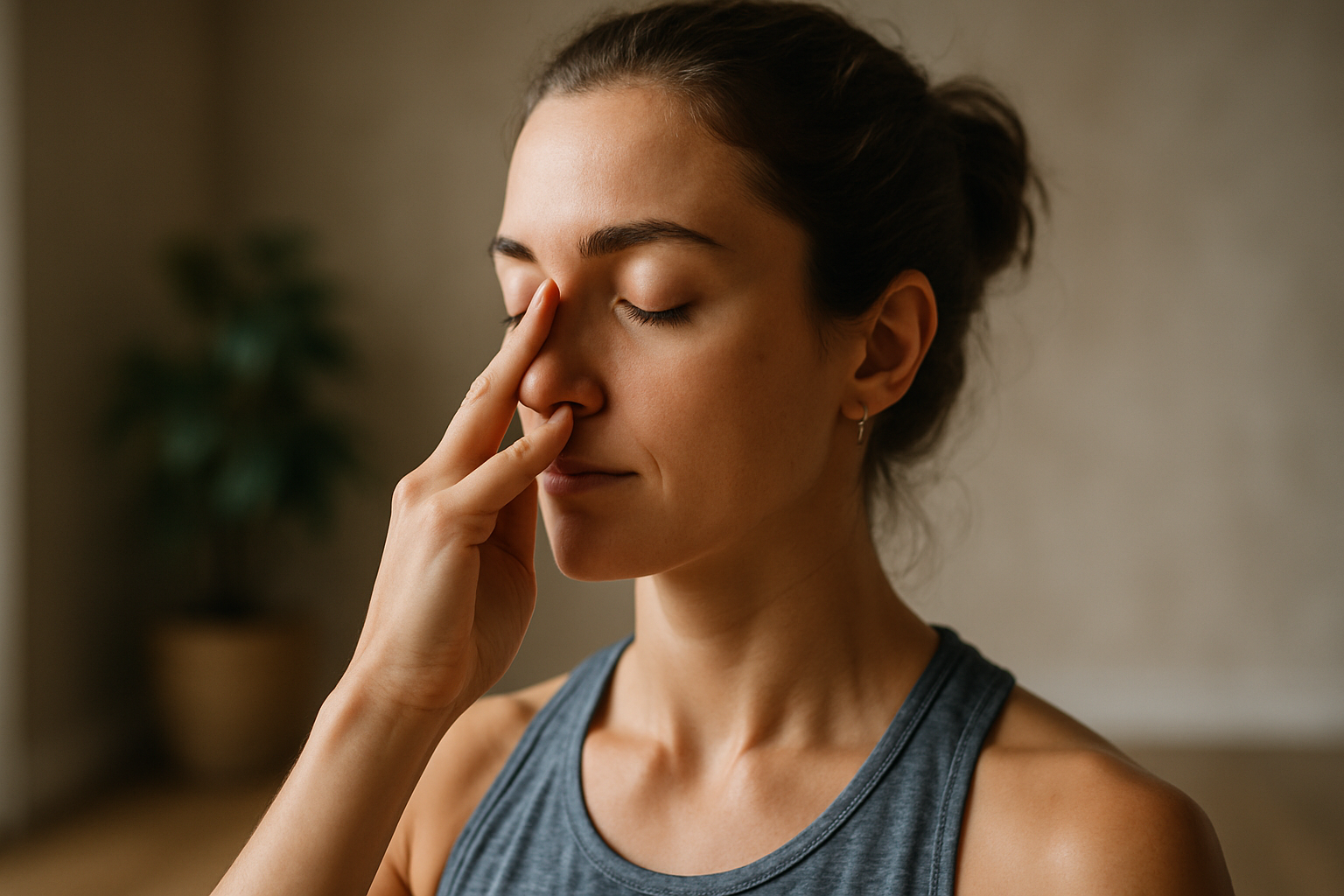Daily Anxiety Relief Tips in the United States 2025
Did you know that simple daily habits can significantly influence anxiety levels? Making mindful lifestyle choices may help regulate stress, improve emotional balance, and support overall mental well-being when practiced consistently and with intention over time.

Prioritize a Consistent Sleep Schedule
One of the foundational steps that may support anxiety reduction is maintaining a reliable and healthy sleep routine. Adults are generally recommended to aim for 7 to 9 hours of sleep nightly, including weekends, by:
- Going to bed and waking up at the same time every day
- Minimizing daytime naps that disrupt nighttime rest
- Establishing a calming pre-sleep ritual, such as taking a hot shower or bath about two hours before bed, to help lower core body temperature and stimulate melatonin release
Consistent quality sleep can help regulate mood, reduce anxiety symptoms, and improve overall mental resilience.
Engage in Regular Physical Activity
Physical exercise is often noted as a natural way to support mood and reduce anxiety. It is suggested to aim for at least 30 minutes of moderate exercise on most days of the week, such as:
- Jogging or brisk walking
- Yoga or Pilates
- Swimming or cycling
Regular exercise increases the production of serotonin and endorphins—chemicals in the brain associated with mood and relaxation. Even short daily sessions, around 15 minutes, may alleviate stress and improve sleep quality, which can contribute to anxiety relief.
Practice Mindfulness and Meditation Daily
Mindfulness techniques and meditation can cultivate mental calmness and assist in managing anxious thoughts. You might consider:
- Dedicating 5 to 10 minutes a day to guided meditation or deep breathing exercises
- Using popular apps like Headspace or Calm to support meditation practice
- Trying walking meditations or focused breath awareness during daily routines
Focusing attention on the present moment may reduce rumination—a common trigger for anxiety—and activate the body’s relaxation response.
Limit Intake of Caffeine and Alcohol
Both caffeine and alcohol can influence anxiety symptoms:
- Caffeine is a stimulant that can cause jitteriness and heightened nervousness in some people
- Alcohol, although sometimes used as self-medication, disrupts sleep patterns and may increase anxiety the following day
Replacing these with non-caffeinated herbal teas or water can support emotional balance and improve sleep quality.
Nourish Your Body with a Balanced Diet
Dietary choices influence mood and energy levels. A nutritious daily diet can help stabilize these factors:
- Include protein, complex carbohydrates (such as oatmeal, quinoa, and whole grains), fruits, and vegetables
- Complex carbohydrates help increase serotonin production, a natural calming chemical in the brain
- Protein helps regulate blood sugar, potentially preventing mood swings and irritability
Balanced nutrition supports brain chemistry which may reduce anxiety over time.
Use Deep Breathing Techniques to Manage Acute Anxiety
When anxiety occurs, controlled breathing may provide immediate relief. One basic exercise is the 4-4-4 breathing technique:
- Inhale deeply through your nose for 4 seconds
- Hold your breath for 4 seconds
- Exhale slowly through your mouth for 4 seconds
Repeating these cycles can activate the parasympathetic nervous system, which slows heart rate and induces relaxation.
Establish a Structured Daily Routine
A predictable schedule can provide stability and reduce feelings of unpredictability that may worsen anxiety. Consider structuring your day to include specific times for:
- Meals
- Sleep
- Work or productive activities
- Relaxation and hobbies
Over time, such a routine may become a foundation supporting emotional regulation and help keep anxiety manageable.
Journal to Process and Externalize Anxious Thoughts
Writing down worries daily for about 10 minutes can help:
- Externalize and manage anxious thoughts
- Gain perspective by visualizing worries on paper rather than internalizing them
- Identify patterns or recurring triggers to address proactively
Journaling serves as a therapeutic outlet that may reduce the emotional weight of anxiety.
Identify and Monitor Personal Anxiety Triggers
Recognizing specific sources of anxiety can empower effective management or avoidance. You may keep track of:
- Situations that heighten anxiety (e.g., social settings, deadlines, uncertainty)
- Physical environments or thoughts that provoke stress
Understanding triggers helps prepare coping strategies, potentially reducing anxiety’s intensity and frequency.
Reach Out for Professional Support When Needed
If anxiety persists for weeks and significantly disrupts daily life, professional help can provide specialized support. Mental health providers offer:
- Psychotherapy including cognitive-behavioral therapy
- Telepsychiatry sessions for flexible access
- Personalized treatment plans tailored to individual needs
Facilities across the United States, such as Bright Futures Psychiatry, provide examples of accessible expert care that can complement daily anxiety management strategies.
Daily anxiety relief involves a holistic approach integrating lifestyle habits, mindful practices, and, when appropriate, professional support. By considering and applying these strategies consistently, individuals may better manage anxiety symptoms and improve quality of life throughout 2025 and beyond. Remember, managing anxiety is a journey—and every positive step may help toward a calmer, balanced life.
Sources
- https://healthcare.utah.edu/healthfeed/2025/02/coping-anxiety-strategies-regain-control
- https://www.uhc.com/news-articles/healthy-living/coping-with-anxiety-depression
- https://www.brightfuturespsychiatry.com/10-tips-for-managing-anxiety-in-your-daily-life/
Disclaimer: All content, including text, graphics, images and information, contained on or available through this web site is for general information purposes only. The information and materials contained in these pages and the terms, conditions and descriptions that appear, are subject to change without notice.



